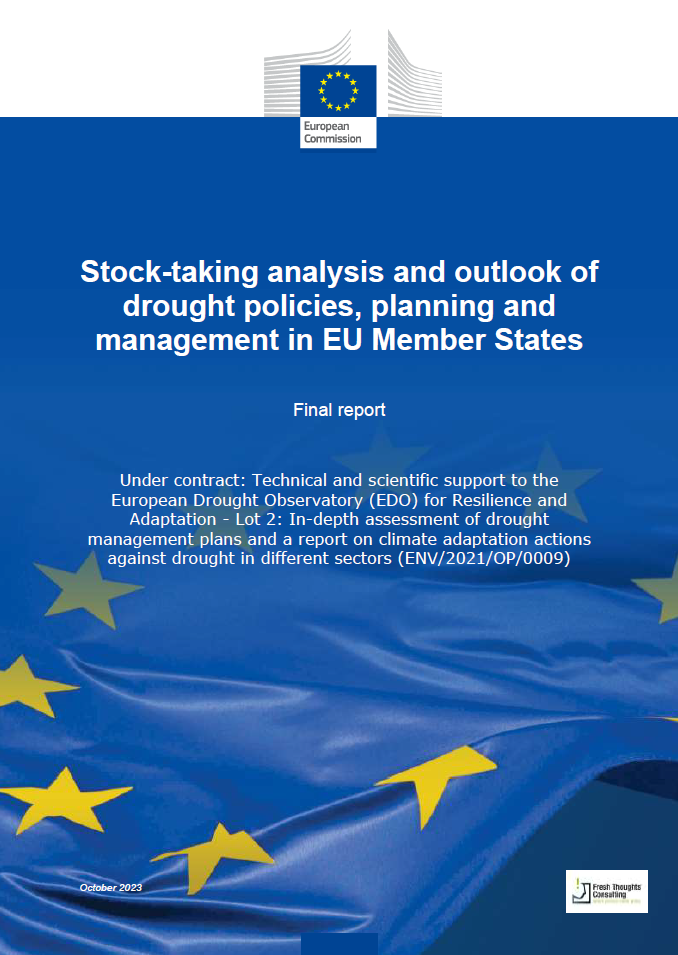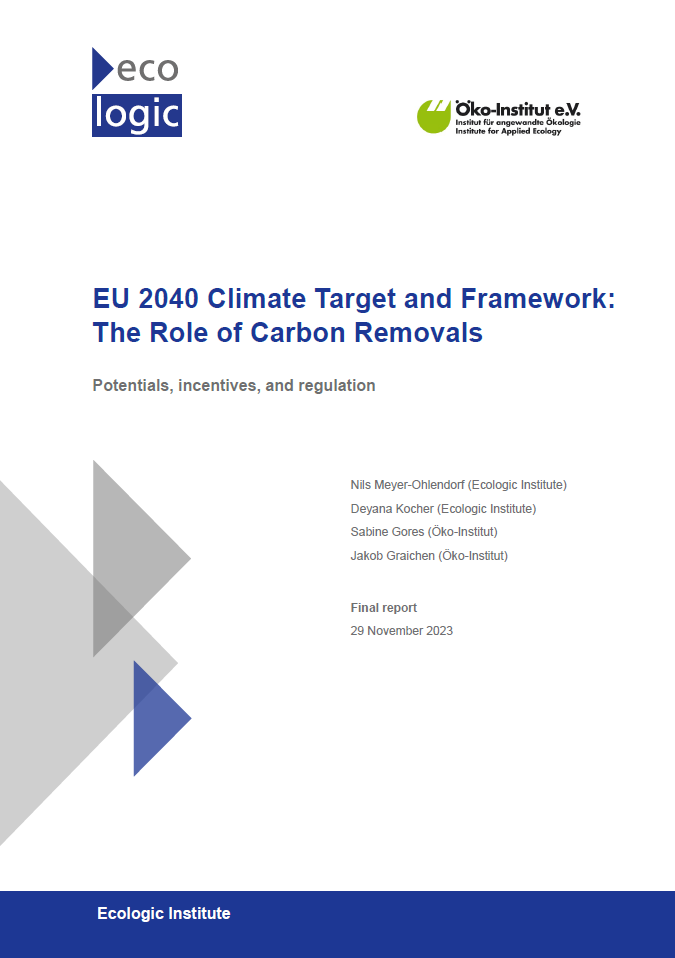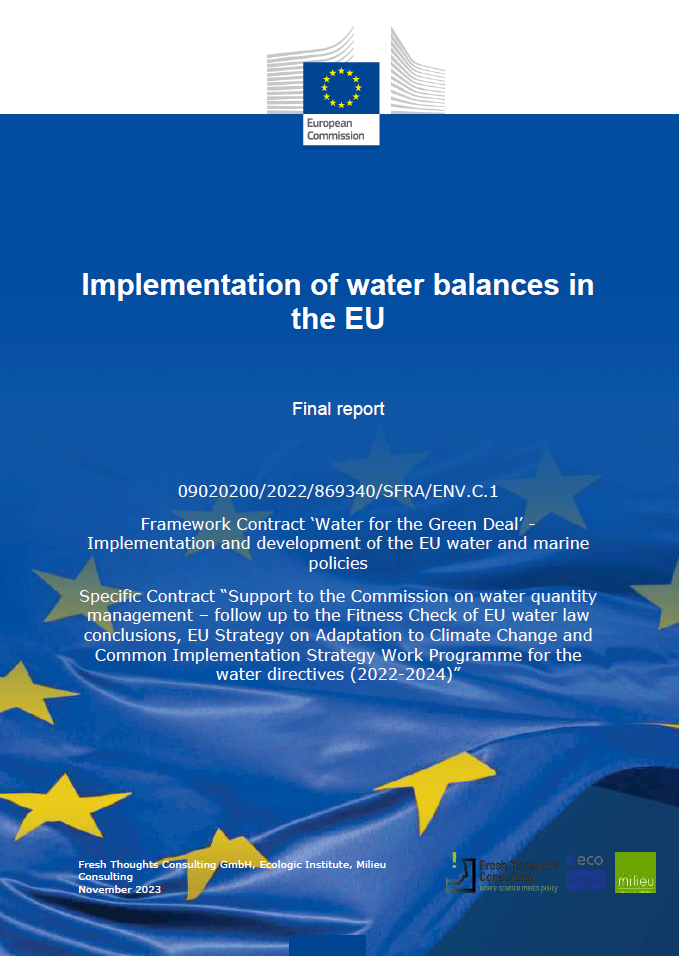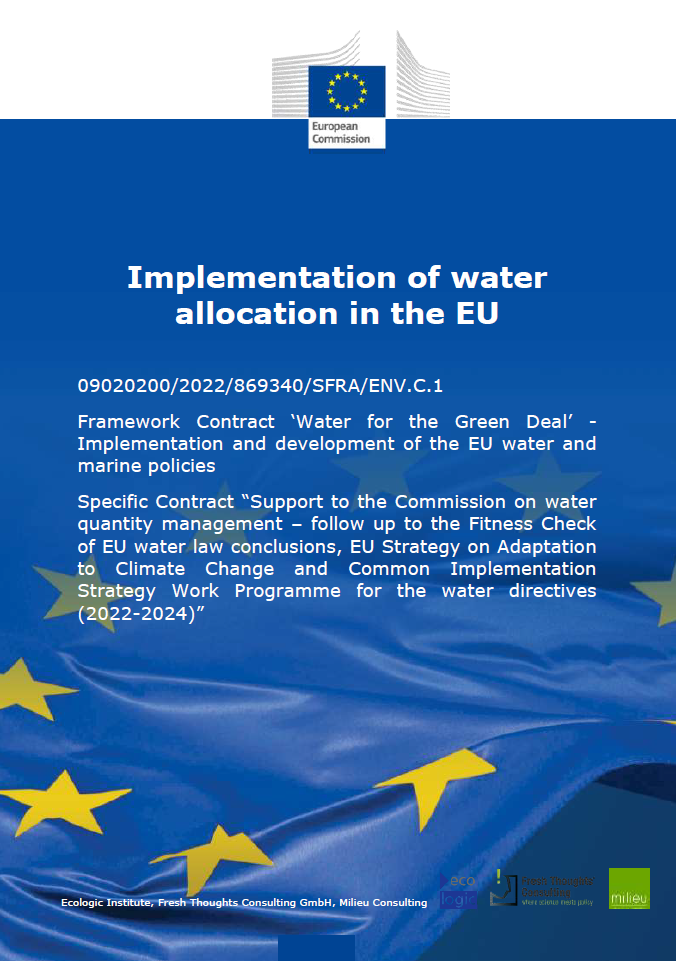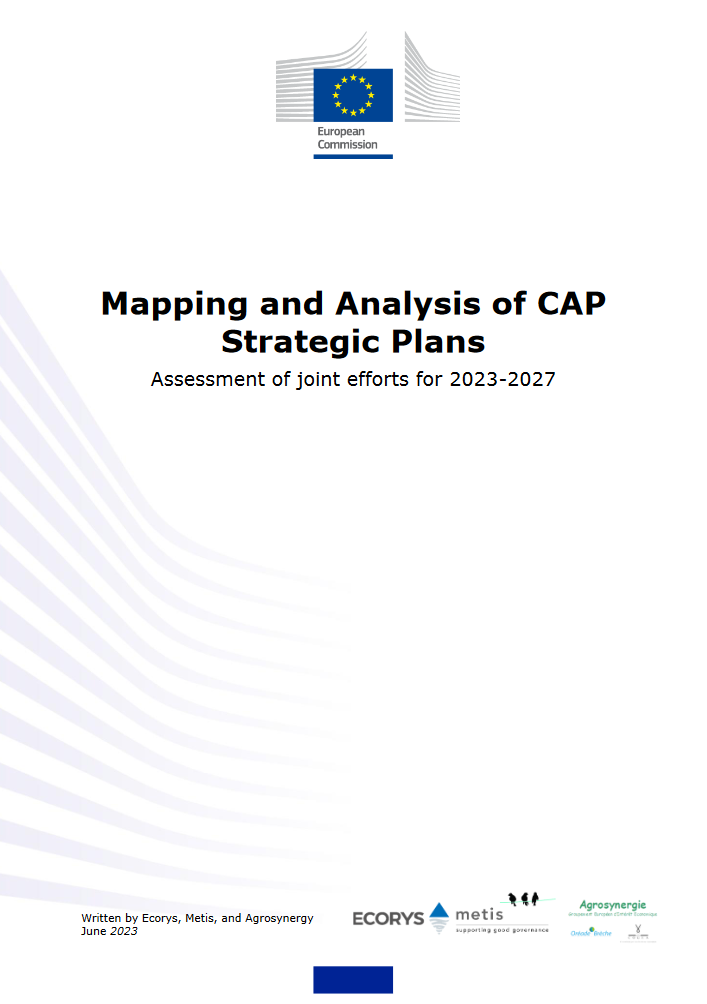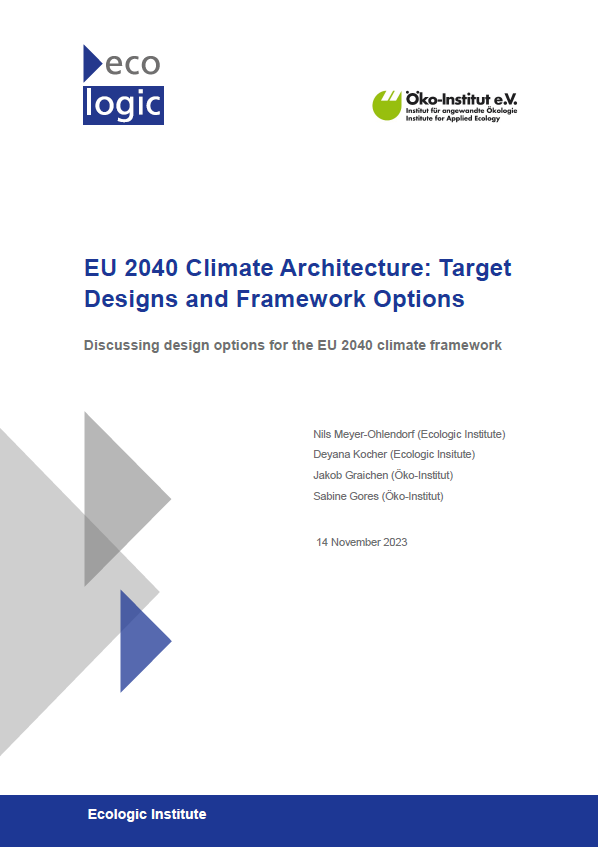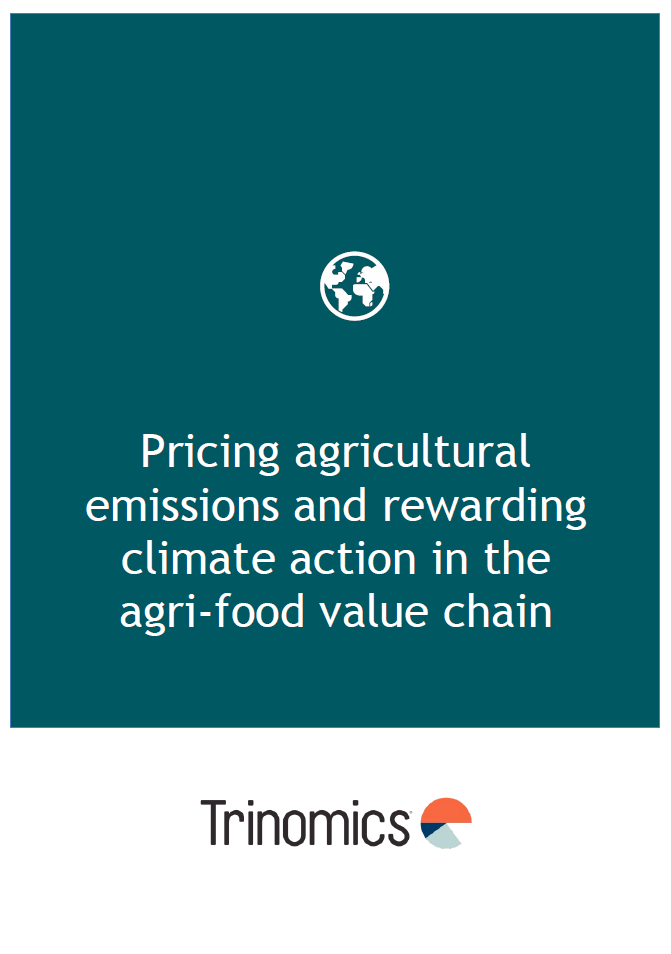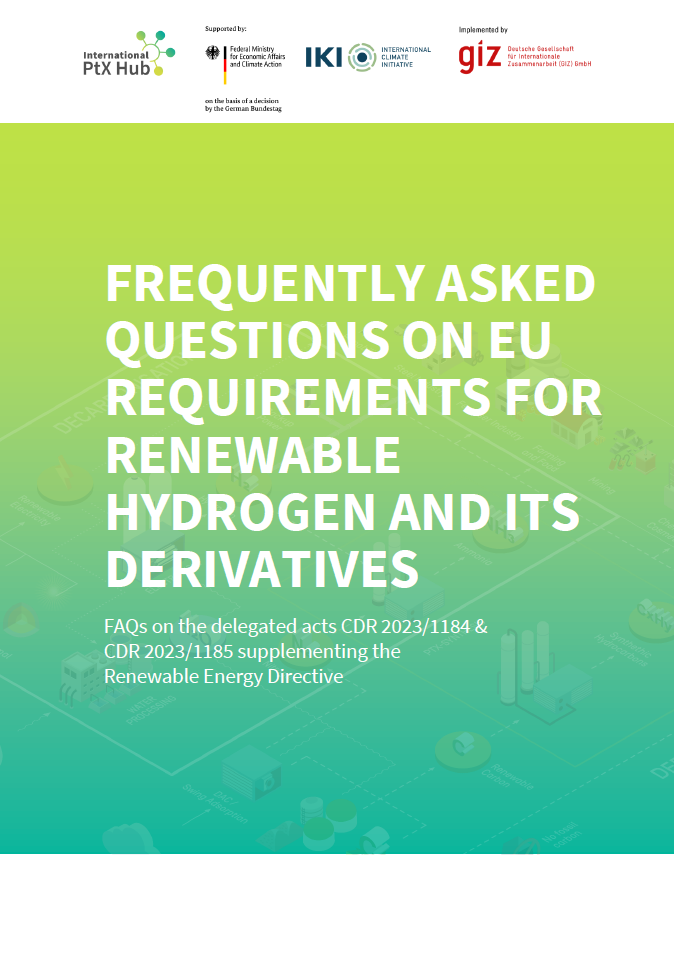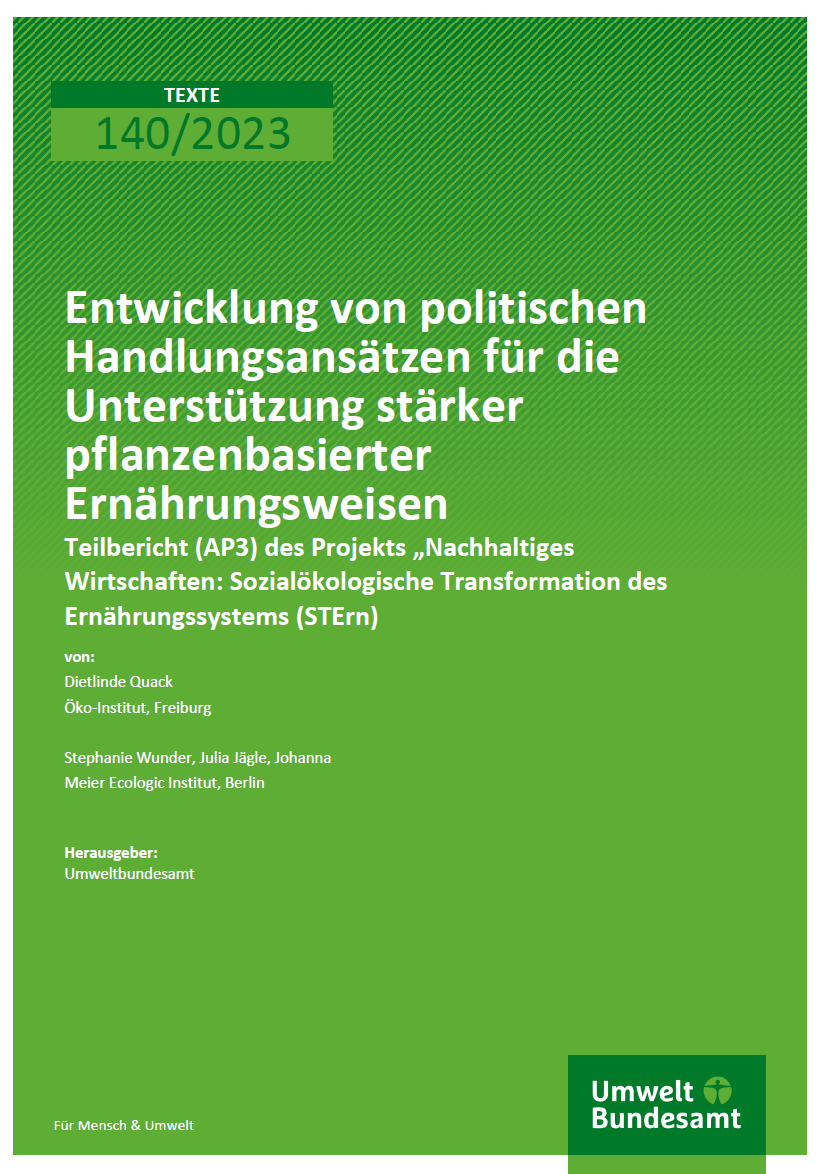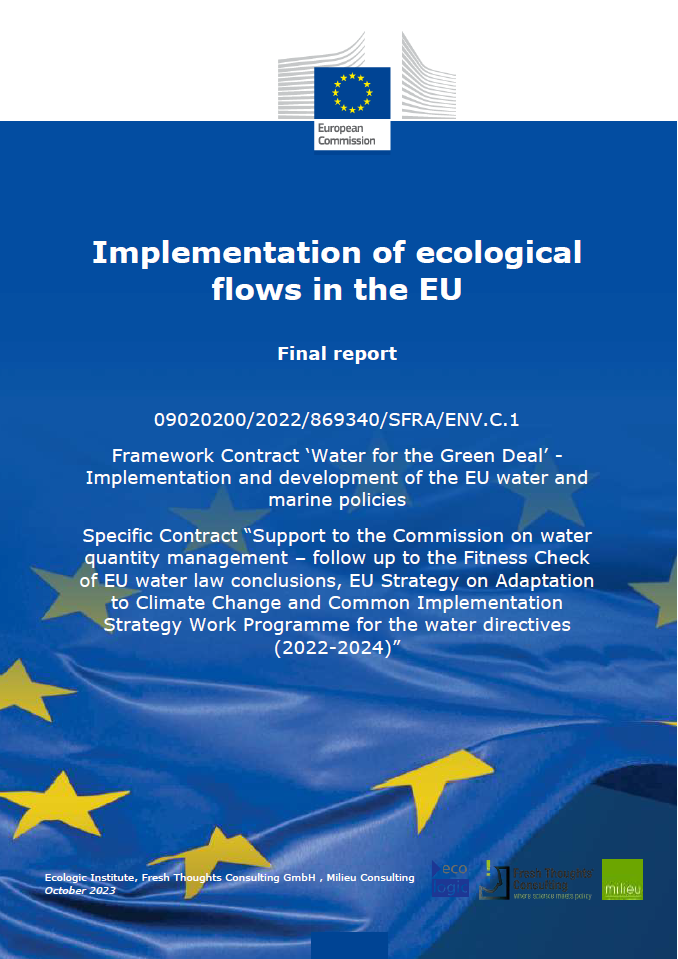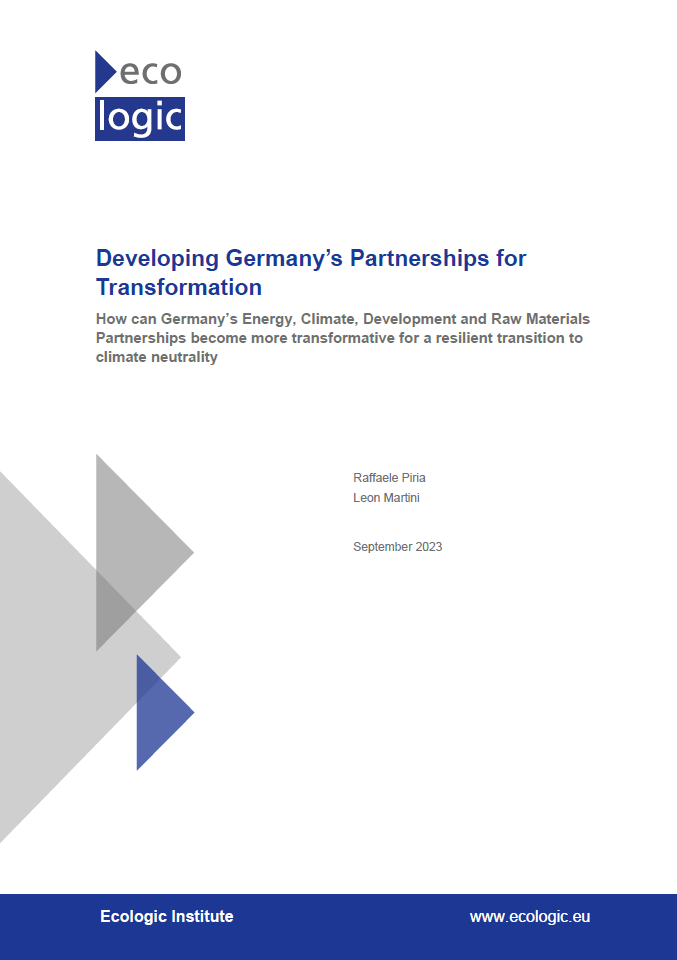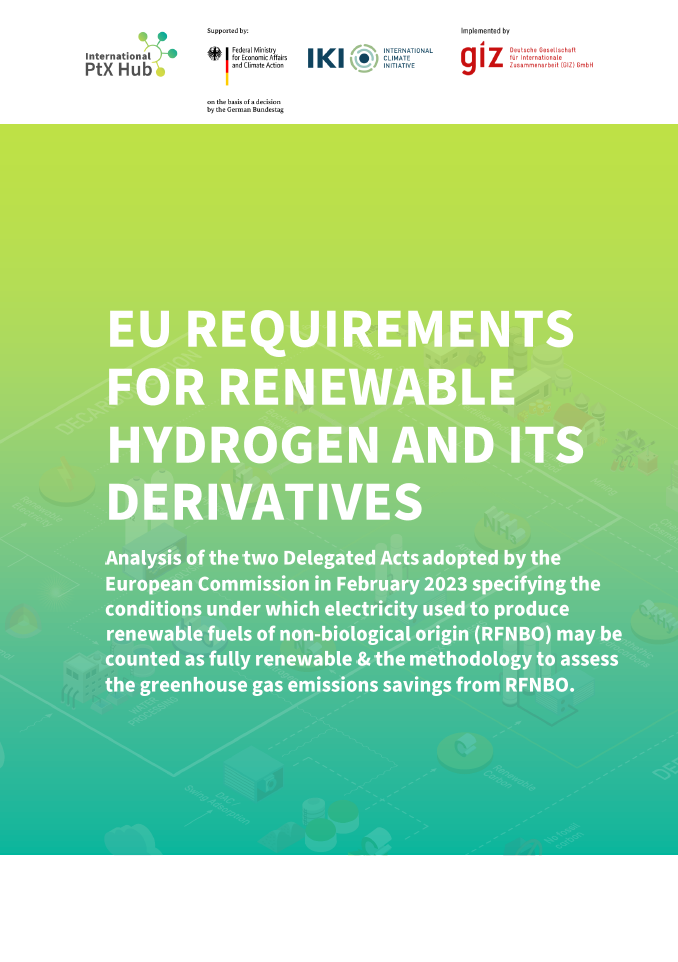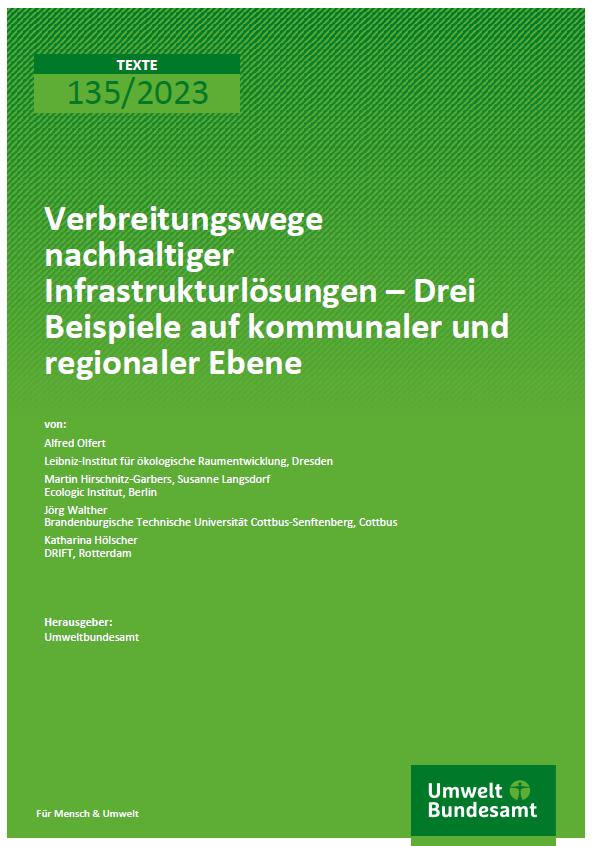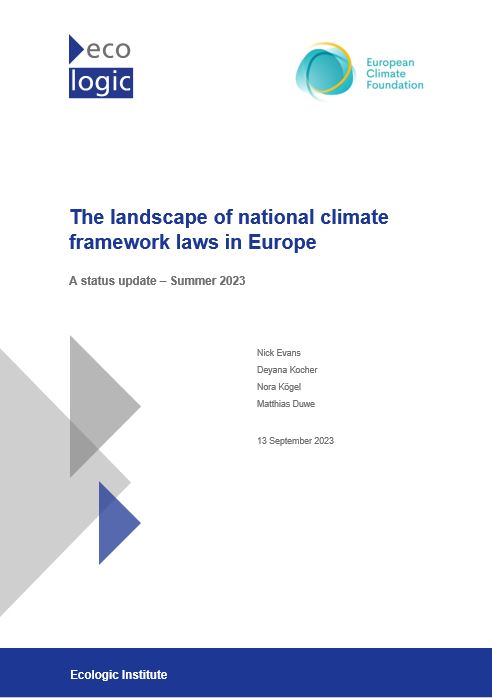Publication:Report
Publication:Report
EU 2040 Climate Target and Framework: The Role of Carbon Removals
Potentials, incentives, and regulation
Year
Read morePublication:Report
Publication:Report
Publication:Report
Mapping and Analysis of CAP Strategic Plans
Assessment of joint efforts for 2023-2027
Year
Read morePublication:Report
EU 2040 Climate Architecture: Target Designs and Framework Options
Discussing design options for the EU 2040 climate framework
Year
Read morePublication:Report
Publication:Report
Publication:Report
Publication:Report
Publication:Report
Publication:Report
Publication:Report
Verbreitungswege nachhaltiger Infrastrukturlösungen
Drei Beispiele auf kommunaler und regionaler Ebene
Year
Read morePublication:Report
The Landscape of National Climate Framework Laws in Europe
A Status Update – Summer 2023
Year
Read morePublication:Report
